Malak Alaywé Herz, Lebanon says enough is enough and women take centre stage
CIDOB'S 40 Figures on the 2019 international agenda
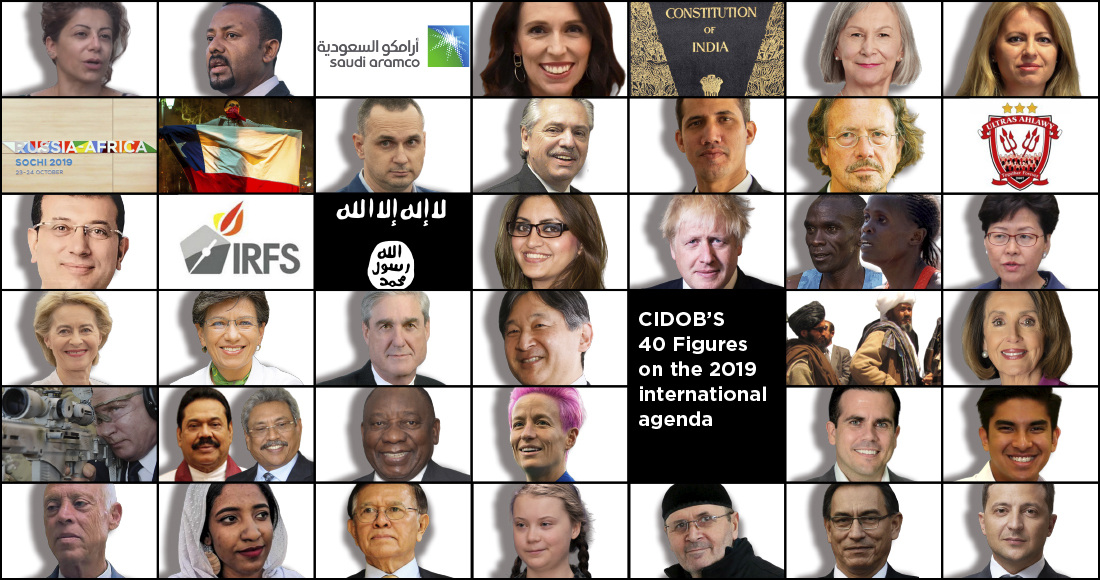
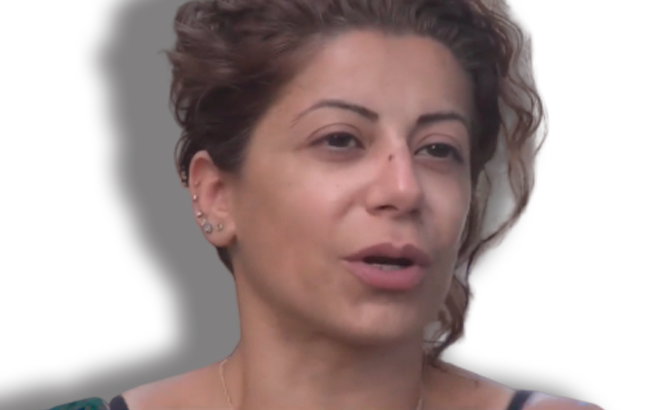
It started on October 17th 2019. Following the Lebanese government’s announcement that a fee would be charged to make calls through mobile applications such as WhatsApp and Facetime, a protest campaign began, building on existing discontent over government inefficiency and corruption. At one event, Malak Alaywé Herz became famous for confronting a minister’s armed bodyguard and kicking him. The “Kick Queen”, as she has become known, embodies a generation born since the civil war that has lost its fear and questions the foundations of the country’s religious system. Women have played a particularly active role in the demonstrations, and have on several occasions enacted the desire to break the sectarian barriers imposed on them.
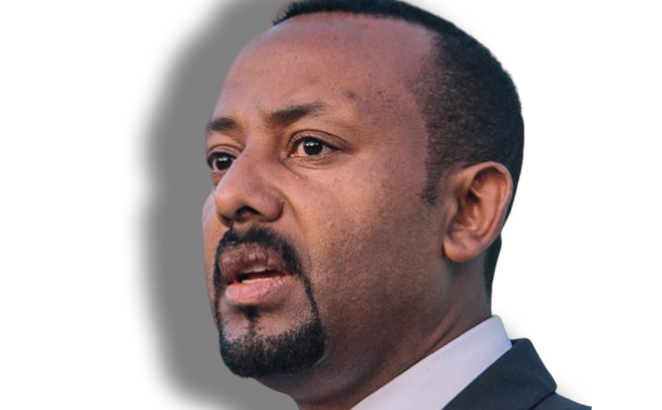
Abiy Ahmed Ali, political expectations in a challenging environment
The name of Abiy Ahmed Ali, Ethiopia’s prime minster, has been on the lips of many diplomats, leaders and those in the international media since early 2018. The decision to assign half his new cabinet posts to women, the country’s new economic and political drive and the historic agreement with Eritrea that put an end to the border dispute between the two countries are among the decisions that have earned him regional and international recognition. The agreement with Eritrea in particular won him the 2019 Nobel Peace Prize, an award that, for the second consecutive year, recognises a prominent African (Congolese gynaecologist and activist Denis Mukwege was joint winner in 2018).

ARAMCO, giant with feet of clay
ARAMCO tops a lot of rankings. Saudi Arabia’s largest company and the main source of the country’s income, it is also the world’s largest polluter, being responsible for 4.3% of the world’s CO2 emissions. The financial sector has long been looking forward to the expected sale of some of its shares and its opening up to private investors must be a milestone in achieving the so-called Vision 2030 for modernising the country. However, low oil prices and geopolitical uncertainty delayed the plans. In 2019, ARAMCO made the news less for its stock market strategy than for having suffered an attack at its Abqaiq oil field, which halved Saudi oil production for several weeks.
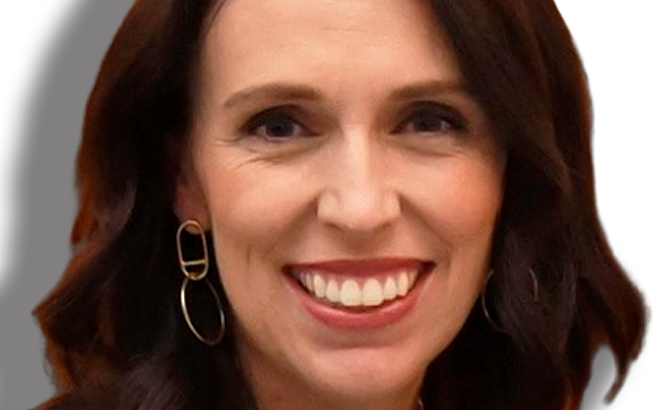
Jacinda Ardern, a bold and empathic leader
The Labour prime minister of New Zealand is the antithesis of the “macho politics” of nativist populism and proposes a different way of doing politics, one that is at the service of the community. She is only the second prime minister in the world to give birth in office and the first to take maternity leave. With one eye on the international stage, she champions a brave agenda for combating climate change and, following the extremist attack in Christchurch in March 2019 by a “lone wolf”, she showed empathy and intelligence by putting the focus on the victims and silencing the killer.
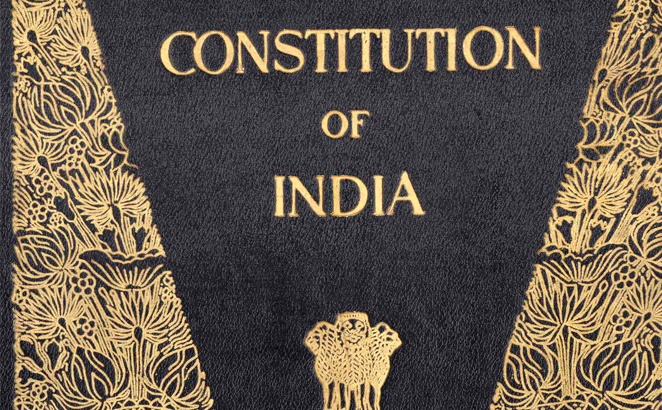
Article 370 of the Constitution of India, the end of Kashmiri autonomy
Two months after sweeping the elections, on August 5th Narendra Modi’s government announced the revocation of Article 370 of the constitution, which granted special status to the state of Jammu and Kashmir. Delhi has been prevented from legislating in the territory since 1947, at least in theory, without the approval of the Kashmir Assembly. While the article had lost true validity, its symbolic value was fundamental. The revocation, made without prior notice or consultation, led to a state of siege in the region, isolating its people and angering the Pakistani government.
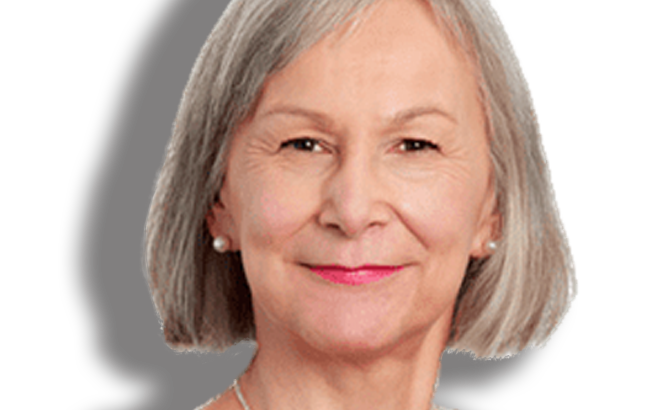
Marion Buller, voice of the First Nations in Canada
2019 was a turning point in the fight for indigenous rights in Canada, thanks to the work of the National Inquiry into Missing and Murdered Indigenous Women and Girls, under the supervision of Marion Buller. The inquiry’s Final Report, published in June 2019, sets out the joint responsibility of the Canadian authorities – by action or omission – in the systemic violence against First Nations women and girls and seeks to mark a step forward in the reparation of historical colonial injustices.
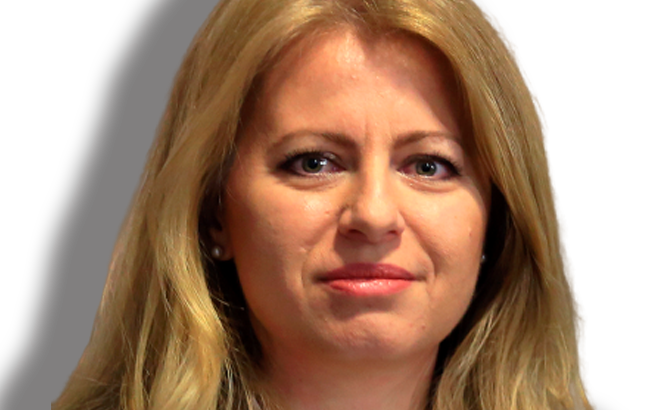
Zuzana Čaputová, change in central European politics
Ecologist and lawyer Zuzana Čaputová is Slovakia’s youngest president (46) and the first woman to hold the office. She also symbolises a central Europe that has mobilised to defend its rights and fight corruption. This year Prague experienced its largest demonstrations since 1989 as people protested against the prime minister, Andrej Babiš, a populist liberal accused of fraud. Along with Čaputová, a new generation is taking positions of responsibility at various levels: in politics, where Gergely Karácsony, leader of the Dialogue for Hungary green party (Párbeszéd), was elected mayor of Budapest; and in the judiciary, where Romanian Laura Codruţa Kövesi, rose from being the scourge of political corruption in her own country to become the EU’s first chief prosecutor.
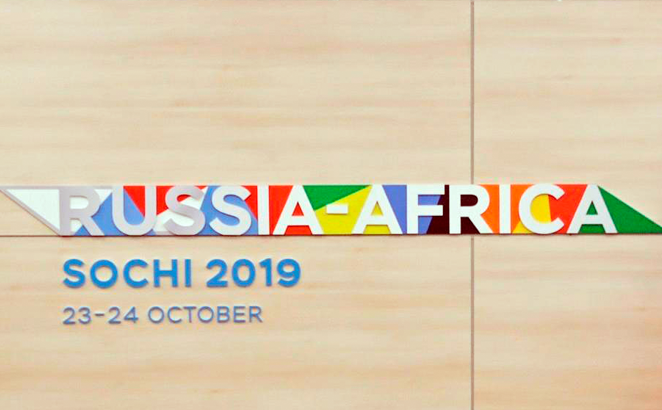
First Russia-Africa Summit, Putin lands in Africa
Vladimir Putin’s Russian government has placed the African continent at the centre of its diplomatic agenda. The first Russia-Africa Summit, held in the Russian city of Sochi in October 2019, brought together around 30 African heads of state. The meeting ended with numerous agreements and commitments of Russian energy, military and defence investment totalling over $12bn. Seeking to expand its area of global influence, Russia has found great political and economic receptiveness in some African governments (the Central African Republic being one clear example). The growing Russian presence in Africa highlights the intense global competition to gain influence in the continent, where China and Western countries are no longer the only contenders.
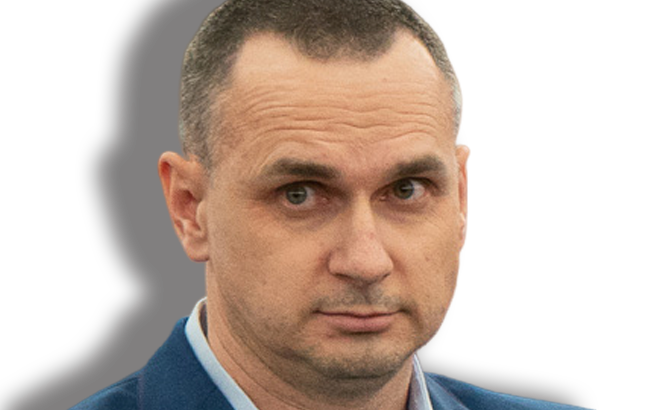
Hope for peace for Donbass?; exchange of Ukrainian and Russian prisoners
On September 7th 2019, Ukraine and Russia exchanged prisoners in what has been seen as a political victory for the Ukrainian president, Volodymyr Zelensky. Among the 35 Ukrainian prisoners was Oleg Sentsov, the Ukrainian filmmaker from Crimea awarded the previous year’s Sakharov Prize for Freedom of Thought by the European Parliament, and 24 sailors captured in a naval incident in the Sea of Azov at the end of 2018. But while the Ukrainian prisoners were welcomed as heroes by President Zelensky on the tarmac as they left the plane, the Russian prisoners were received in Moscow discreetly and without fanfare.
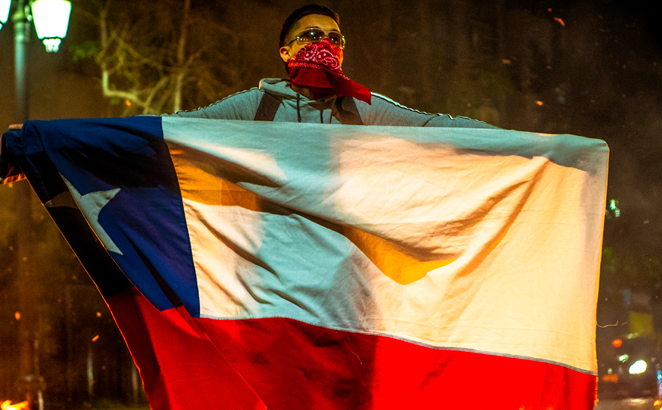
Human Rights Defenders, everyday heroes and victims
In Latin America, around 300 human rights defenders die each year. According to reports by Front Line Defenders, it is estimated that between 65% and 70% of the murders of these activists worldwide occur in this region. It is a place where crime is a daily reality and is rising due to the high rate of impunity for crimes committed against this kind of victim and, in general, against activists from various vulnerable sectors of the population. These are the heroes fighting for the dignity that millions of Latin Americans took to the streets to demand in 2019.
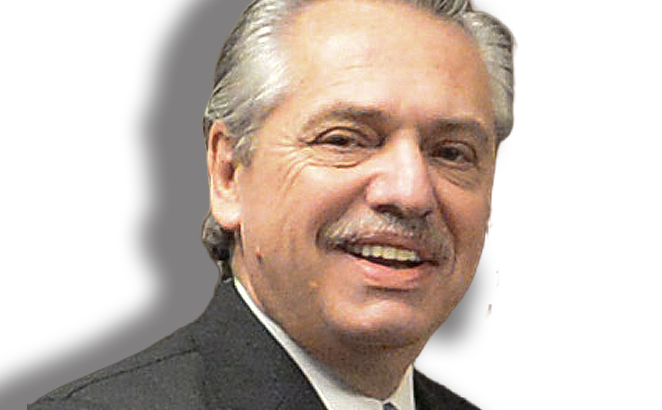
Alberto Fernández, the chosen one to unite Peronism
Former president Cristina Fernández’s surprising choice of Alberto Fernández as a presidential candidate to form a tandem to stitch together the shreds of Peronism in Argentina led to him winning the October 2019 presidential elections. Moderate in his speech and more centrist in outlook than the former incumbent, he managed to break through the polls’ predicted ceiling for the most radical Kirchnerism. Nevertheless, the economic situation he faces is critical, leaving little room for experiments and posing the risk of serious deterioration that could encourage social unrest and worsen tense relations with Jair Bolsonaro, the president of Brazil, Argentina’s neighbour and principal economic partner.
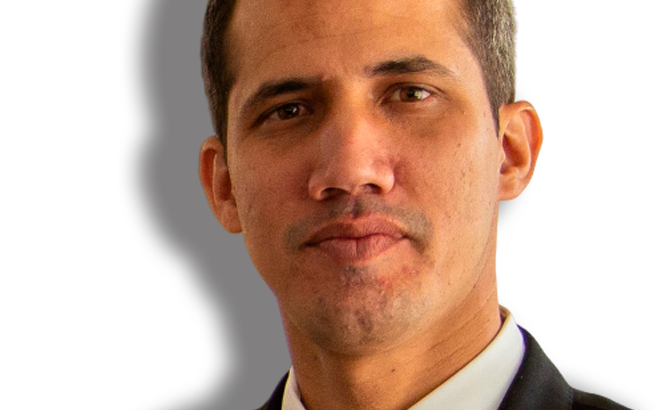
Juan Guaidó, between audacity and recklessness
It seemed that the surprise effect of his self-proclamation as president of Venezuela, challenging Nicolás Maduro with the international backing of over 50 states would act as a spur for seeking a peaceful solution to the political crisis in which Venezuelan society has been mired for over a decade. But several months on, it seems Guaidó overestimated his strength and underestimated the government’s resilience, the enduring power of Chavism and its support in the Bolivarian Armed Forces. Venezuela remains trapped in a cycle of tension and confrontation with a divided society.
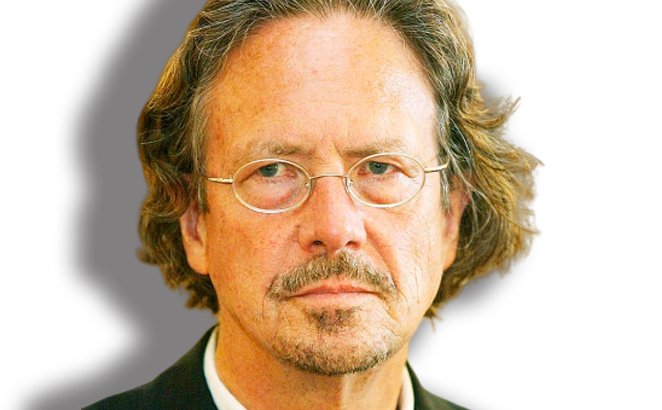
Peter Handke, a controversial Nobel
Awarding the 2019 Nobel Prize for Literature to the Austrian writer for work that «explores the periphery and the specificity of human experience» reopened the debate on separating an author’s literary value from his moral or political ideas. Handke has defended the Serbian cause and Slobodan Milošević, denied the legitimacy of the International Criminal Court and met with Radovan Karadžić. The award has reopened old wounds, especially in Bosnia-Herzegovina. Two decades after the war, European disagreement continues with the eternal candidates about rebuilding their political present within an EU that is unable to digest Balkan history. In this regard, in October Emmanuel Macron announced that he was vetoing EU enlargement to North Macedonia and Albania. 2020 will mark 25 years since the Dayton Accords, which ended the Bosnian War and shaped a dysfunctional peace that continues to block the country today.
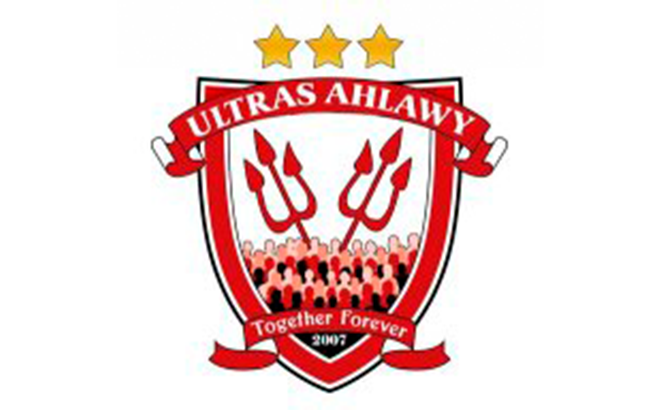
Arab hooligans, Who fears them?
International media coverage usually focusses on students or activists, but leaders in the Arab world know that hooligans are just as important opponents or even more so. Algerian football grounds were some of the first places where mass criticisms of Bouteflika’s fifth term were heard. The fans of Ittihad Tanger singing that Morocco’s corruption and mismanagement caused young people’s emigration was also heard around the world. In Egypt, the country that hosted the 2019 Africa Cup of Nations, the authorities had already lifted the ban on public attendance of matches between national teams, but ultras groups such as Ahlawy are still banned from entering stadiums.
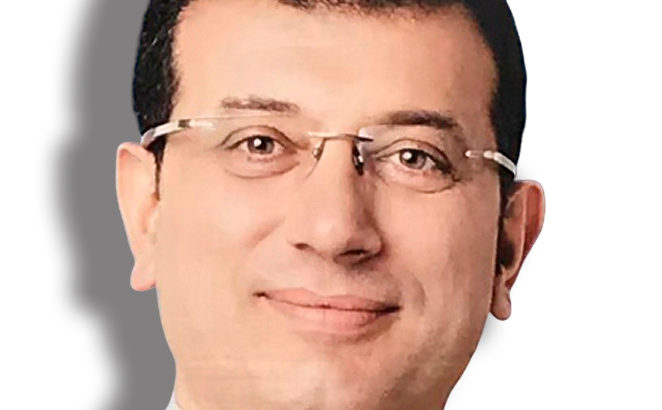
Ekrem İmamoğlu, mayor of 16 million, hope for many more
Second time lucky. Erdoğan’s manoeuvring to repeat the Istanbul elections held on March 31st 2019 did not come off as expected. When the people of the city returned to the polls on June 23rd, they voted in even larger numbers for Ekrem İmamoğlu, the opposition candidate. Notwithstanding the highly polarised political situation, İmamoğlu ran a positive campaign, with discourse that prized harmony and an optimistic slogan: «Her şey çok güzel olacak» (everything’s going to be great). And it worked. This local politician, hitherto unknown to the wider public, took control of the country’s largest city and reminded the world that there is more to Turkey than Erdoğan, even in political terms.
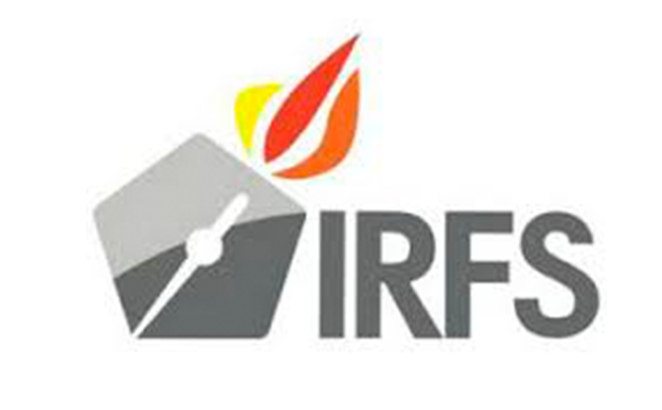
Institute for Reporters’ Freedom and Security, the voice of freedom in Azerbaijan
Azerbaijan’s Institute for Reporters’ Freedom and Security (IRFS) is an NGO that was founded on World Press Freedom Day in 2006 by two local journalists in response to increasing government restrictions on freedom of expression and of the press. The IRFS president, Mehman Huseynov, was released in early 2019 after spending two years in jail for documenting extensive corruption and human rights violations in Azerbaijan. Huseynov, a journalist and blogger, edits the sociopolitical magazine SANCAQ, which is on Facebook, YouTube and Instagram (@sancaq.production).
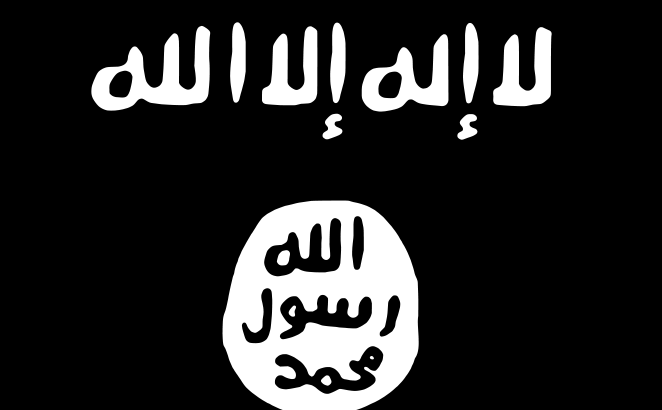
ISIS in South Asia, a durable ideology
The presence of the self-proclaimed Islamic State (ISIS) in South Asia is a threat that requires greater state-level counterterrorism coordination. In Sri Lanka, a terrorist attack on hotels and churches on Easter Sunday in April caused 253 deaths and wounded over 450. In Afghanistan, another attack against the Shiite Hazara minority caused 63 deaths in August. An estimated 41 fighters returned to Sri Lanka from the Syrian war; about 100 travelled to Syria from India and 40 from Bangladesh; and over 200 joined ISIS from the Maldives. ISIS also has an established base in Afghanistan with around 2,000 members, mostly from Pakistan, of whom an estimated 650 travelled to Syria.
.
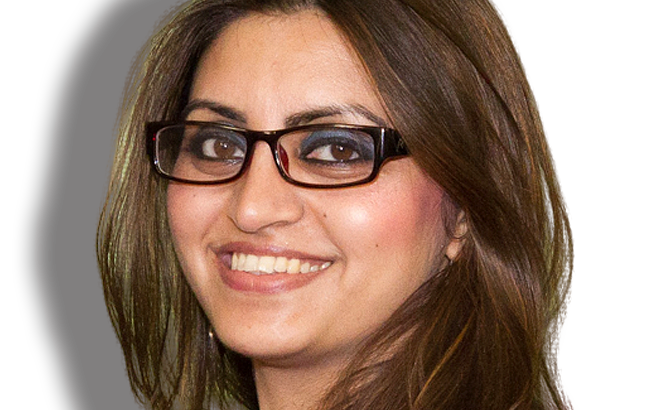
Gulalai Ismail, feminist opposition to the establishment in Pakistan
An activist who provides a clear example of how defending human rights in Pakistan can cause a head-on collision with the establishment. Especially when their action focuses on the rights of women and the Pashtun population, and when the perpetrators of these crimes are soldiers. Gulalai founded the NGO Aware Girls to defend the rights of girls and to combat the radicalisation of minors. The cause she most recently championed was the investigation of allegations of the rape and systematic sexual abuse of Pashtun women during military operations in tribal areas. She ended up fleeing to New York in August, because she feared for her life following threats from the establishment, which accused her of treason.
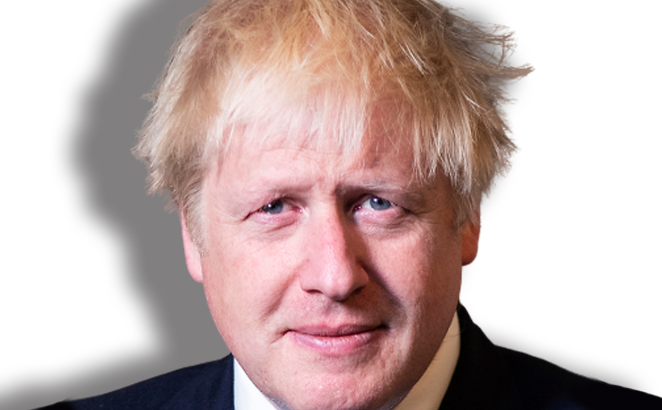
Boris Johnson, Prime Minister of Brexit and polarisation
Hated and adored in equal parts, Boris Johnson finally managed to get into Downing Street in order to complete (according to him, at least) the pending, unavoidable task of taking the United Kingdom out of the European Union. Johnson hoisted himself to power on populist rhetoric and institutional confrontation that turned into euphoria after the landslide victory in the 12 December general elections that will allow him to accelerate the Brexit. Neither the massive protests in favour of the Remain that took the streets in 2019 nor the fear of the effects that a hard Brexit could have on the nation’s unity – specially in Scotland or Northern Ireland – did not tarnish the absolute majority of the Tories. However, the renewed victory of the Scottish nationalists of Nicola Sturgeon was interpreted from Edinburgh as a “strengthen mandate» to request a second independence referendum.
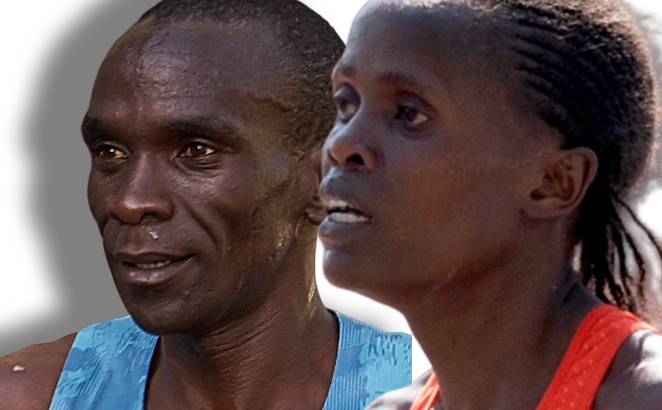
Eliud Kipchoge and Brigid Kosgei, Kenyan long-distance athletes
Kenya has long been a world power when it comes to long distance running. In October, Eliud Kipchoge and Brigid Kosgei leapt onto the international front pages after breaking the world records in the Vienna and Chicago marathons, respectively. Eliud Kipchoge, considered the greatest marathoner of the modern era, managed to break the unlikely two-hour barrier, albeit in conditions that prevented its approval as a record. Brigid Kosgei, meanwhile, managed to lower the women’s world record to two hours fourteen minutes.
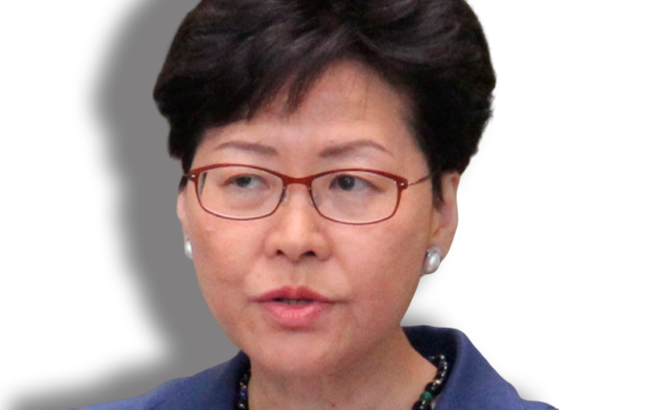
Carrie Lam, at the centre of the protest
Hong Kong’s Beijing-backed Chief Executive was the visible face of the extradition bill that sparked protests that started in May, lasted for months and escalated until the local elections in November – the city’s only genuinely direct polls. The elections turned in favour of pro-democracy candidates. But the withdrawal of the controversial law in October did not appease the protesters, who continued to make their five demands, among which figure the resignation of Lam and amnesty for the thousands of detainees.
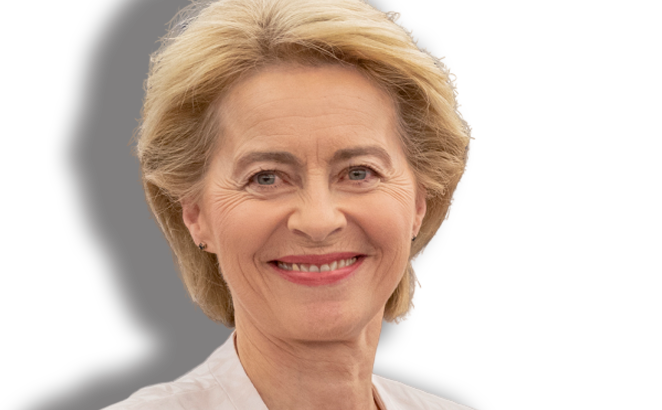
Ursula von der Leyen, the first woman to lead the European Commission
The German conservative Ursula von der Leyen has put an end to a historical anomaly in place since 1957 by becoming the first woman to head the European Commission. But the appointment of Angela Merkel’s erstwhile Minister of Defence is also a reflection of the institutional tension in the EU: of the preeminence of the European Council of heads of state and government, which decided the new European leadership behind the parliament’s back; of the European Parliament’s fragmentation and the radical right’s ability to leverage its support and influence rhetoric – hence the controversial portfolio of «Promotion of the European way of life»; and, finally, of the room for manoeuvre of a Franco-German axis that is increasingly weakened by the internal political travails of Merkel and Macron.
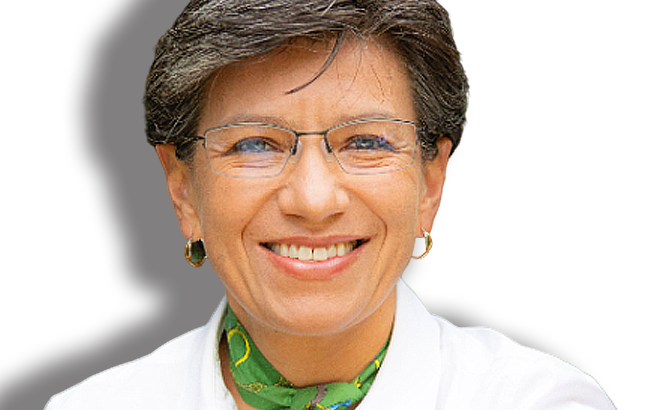
Claudia López Hernández, passion and commitment
Bogotá’s new mayor, the first woman to hold that position, represents the will of the capital city’s residents to support the political and social change needed to build a more inclusive and sustainable society. Her activism in fighting corruption, her commitment to human rights and her discourse of equality and non-discrimination connect with the large demonstrations that have taken place throughout Colombia to demand changes to current national government policies, and which have mobilised diverse sectors of social.
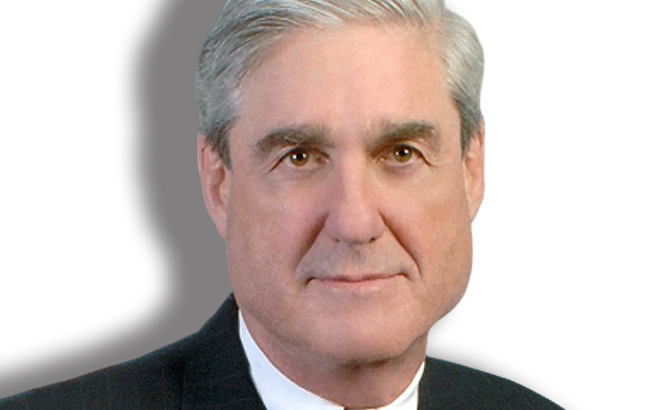
Robert Mueller, “Russiagate” special counsel
Former FBI director Mueller was appointed special counsel for the investigation into possible Russian interference in the 2016 US presidential elections and subsequent obstruction of justice by Donald Trump. His conclusions were submitted to the Attorney General William Barr in March, and presented at a controversial special session of the US Congress in July. The Mueller Report acknowledged the interference, but was unable to reliably trace direct responsibility to the president or his campaign team. On Trump’s obstruction of justice, a possible reason for impeachment, many voices accuse the report of being decidedly ambiguous.
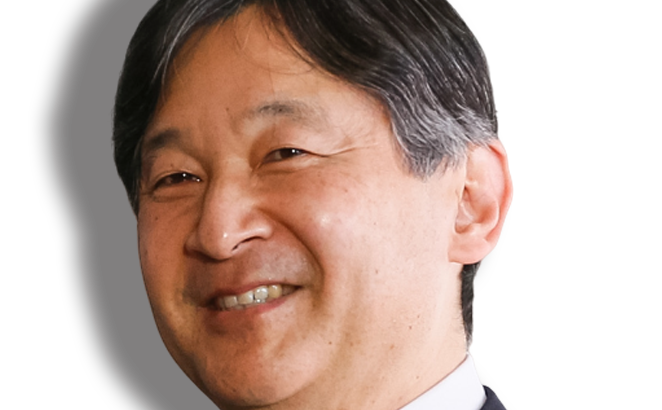
Emperor Naruhito, order, harmony … and great challenges
At the age of 59, Naruhito is Japan’s 126th Emperor. Following the abdication of his father, Emperor Akihito, for health reasons associated with advanced age, Naruhito’s enthronement opens a new dynastic era in Japan – that of Reiwa, order and harmony – which aspires to give a renewed boost to the multiple and deep reforms the country needs to undertake to revitalise the economy and solve the pressing “2025 problem” linked to the ageing population, among others.
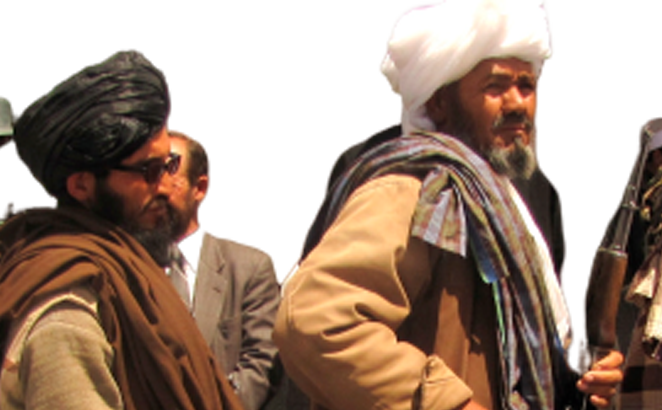
Negotiations with the Taliban, the war that cannot be won
This has been a year of progress in the peace negotiations between the US and the Taliban. Without the Afghan government’s participation, the negotiations have taken place with violence on both sides. The limited agreement about to be signed in September ended up being cancelled via tweet by US President Donald Trump. An attack that caused the death of a soldier was the excuse given, but few believe it was the real reason. Although negotiations remain ongoing, several issues are outstanding, such as intra-Afghan dialogue, the state model, the role of women, the sustainability of the institutions, and the undermining of the process by frequent spoilers.
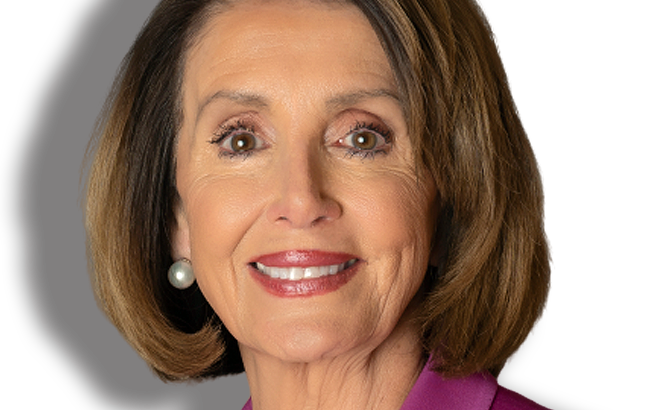
Nancy Pelosi, first woman Speaker of the US House of Representatives
There is more to the veteran Speaker of the US House of Representatives than her leading role in the 2020 Democratic presidential race and the impeachment process against Donald Trump over pressure exerted on Ukraine regarding the Biden case. Pelosi has also been the visible face of the progress made in reducing the gender gap in politics, being the leading voice in the Congress with the largest number of women in its history (almost 25% of representatives and senators).
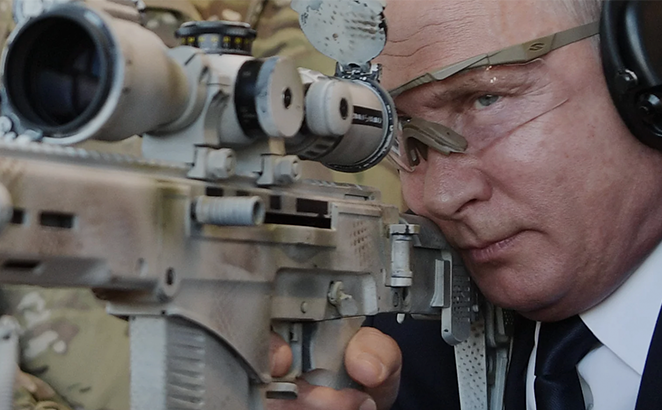
Vladimir Putin, more virile power for 2020
In the autocrats calendar market, those glorifying the many faces of Russian President Vladimir Putin have no competition: images of him riding a bear bare-chested or smiling as he strokes a leopard have triumphed in recent years. At the end of 2019 something more sober and dignified was announced – one of the authorised 2020 calendars shows the country’s leader aiming a rifle at some target, concentrated and serene. A small badge featuring Putin’s face in the bottom-left corner reads «I believe in the president».
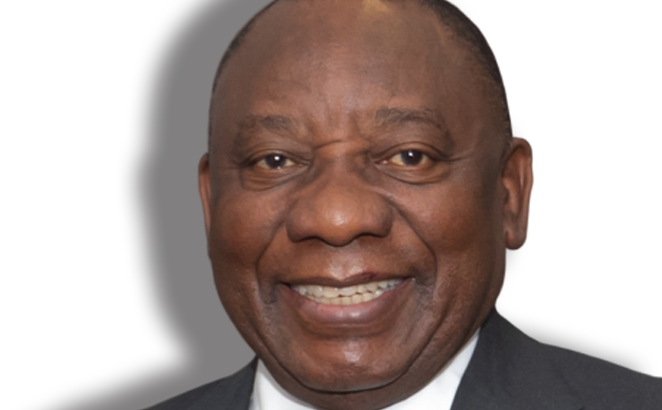
Cyril Ramaphosa, South Africa’s government and the ANC at a crossroads
Nelson Mandela’s African National Congress (ANC) is going through the greatest political crisis since it came to power 25 years ago. Social protests, the perennial levels of inequality and poverty that especially affect the black population and the numerous corruption scandals of the government of former President Jacob Zuma, in particular, led the ANC to its worst results in the 2019 elections. Recent xenophobic attacks by South Africans on migrants from other African countries have also damaged the country’s image. In spite of everything, the executive led since last year by Cyril Ramaphosa seems to be slowly retaking the initiative at national and regional level. South Africa’s future is tied to the ANC’s and to Ramaphosa’s ability to change its course.

Megan Rapinoe, above and beyond sport
Captain of the US women’s soccer team that became world champions in 2019, Best FIFA Women’s Player and Ballon d’Or winner 2019. Her successes on the pitch have been accompanied by her powerful voice of condemnation, making controversial statements about discrimination against women and in defence of LGBTI rights. Her refusal to sing the US national anthem before national team matches in protest and her explicit refusal to visit the “f***ing White House” made her a media battering ram against some of President Trump’s most controversial decisions and declarations.
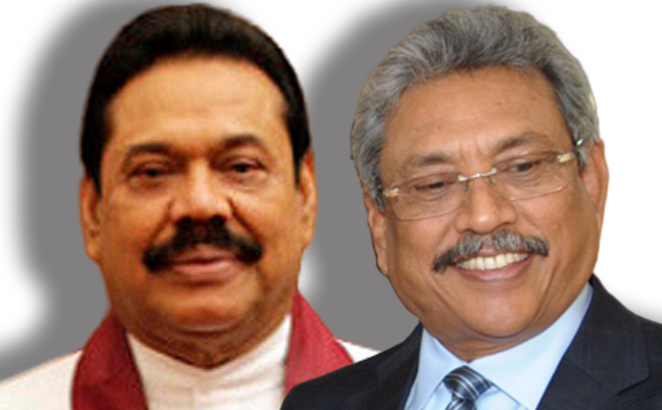
The Rajapaksa brothers, hindering reconciliation in Sri Lanka
The rise to power in Sri Lanka of brothers Mahinda and Gotabhaya Rajapaksa raises fears for peace and reconciliation on the island. Both represent the Sinhalese Buddhist community and employ hate speech against Tamil and Muslim minorities. Gotabhaya was appointed president on November 8th. Three days later, after the resignation of Prime Minister Ranil Wickremesinghe, Mahinda – president from 2005 to 2015 – was sworn in as prime minister. Gotabaya was defence secretary during the last years of the civil war and is accused of human rights violations: crimes, torture, forced disappearances and rape.
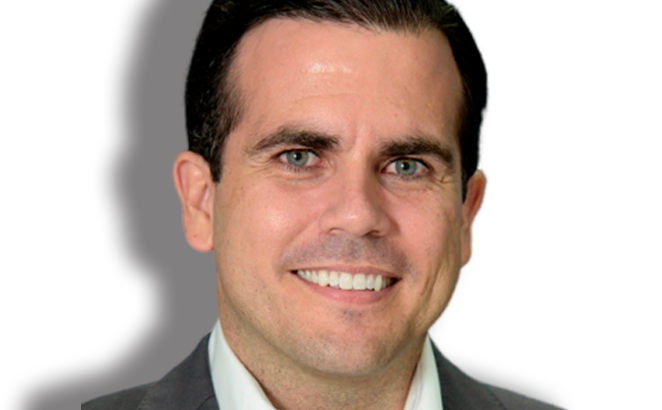
Ricardo Rosselló, the ousted governor
Rosselló was forced to resign as governor of Puerto Rico in August 2019 after private conversations were leaked that included racist, homophobic and degrading content about the victims of the hurricane that swept the island in 2017. The demonstrations that followed the leak – led, among others, by singers Ricky Martin and Residente – and the Puerto Rican leader’s departure were a milestone in democratic accountability in the Caribbean island’s political history.
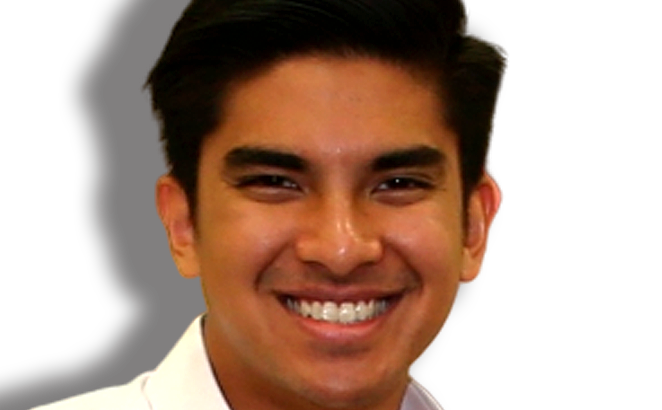
Syed Saddiq, young people ask to be let through
Malaysia’s current minister of youth and sports is the country’s bright political hope and the youngest minister in the world at 25 years old. He sits in the government of the most veteran prime minister, Mohammad Mahatir, 89. Saddiq’s priority is to give voice to young people, and he has already had to publicly handle thorny issues. One example was his government’s refusal to grant visas to Israeli Paralympic athletes attending the Gwangju World Aquatics Championships in January 2019 in protest over the conflict with Palestine. Having become a target for the opposition, at the end of the year he faced accusations of corruption and was booed in parliament.
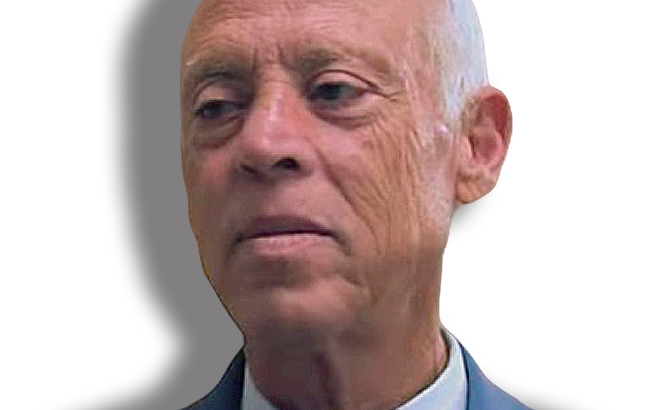
Kais Saied, ‘Monsieur propre’ at the helm of Tunisian democracy
Since October 2019 Tunisia has had a new president. Kais Saied is an expert in constitutional law who decided to make the leap to front line politics at a time of growing disaffection, especially among young Tunisians. He did it alone, without any party supporting him, which may be why he won 72% of second round votes. With his serious, rigid appearance, use of a classical Arabic that is unusual among the Tunisian elite, and promises of clean participatory democracy, Saied managed to keep other aspects such as his conservative positions on homosexuality and equality between men and women in the background.
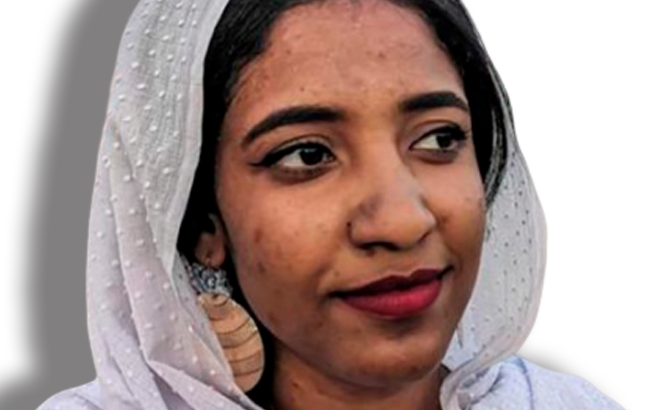
Alaa Salah, Sudanese protest icon
The protests that shook Sudan during the first half of 2019 marked the beginning of a new political and social phase in the country. The military overthrow of Omar al-Bashir after three decades in power and the launching of a transitional government with former UNECA Deputy Executive Secretary Abdalla Hamdok as interim prime minister give the country a chance to redraw its political landscape. The permanent social mobilisation has been the main guarantor that the Sudanese transition is not being led by a military junta. Amidst the Sudanese protests, the image of activist Alaa Salah climbing onto a car and singing in protest against the regime became a national and international symbol of peaceful resistance and the political changes happening in certain African contexts.
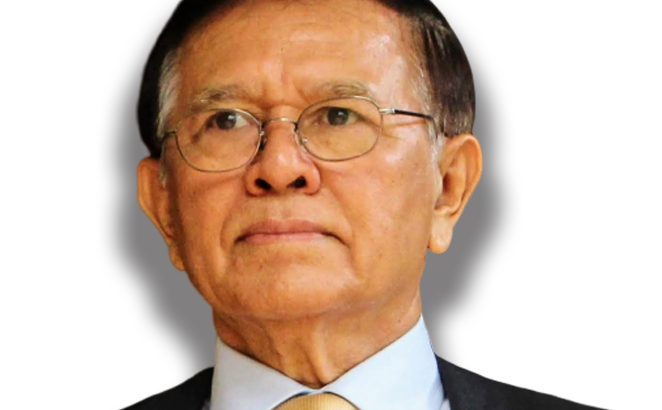
Kem Sokha, symbol of the persecuted opposition
The veteran president of Cambodia’s only opposition party, the Cambodian National Rescue Party (CNRP) – dissolved by the courts in November 2017 – was arrested in September 2019, accused of conspiring with foreign powers, a crime punishable by between 15 and 30 years in jail. After a brief period of house arrest before his release, in December he was back in court. In a relatively divided parliament, the dissolution of the CNRP left the field open for the Cambodian People’s Party led by Hung Sen (in power for 33 years) to take all the seats.

Greta Thunberg, awkward activism and generational struggle
The 16-year-old Swede has become the image of an outrage that has crossed borders. She accuses the world’s governments of betrayal and inaction in reducing greenhouse gas emissions. Thunberg, with her long plaits and childish, vulnerable appearance, is the bearer of an uncomfortable message for climate change deniers, who have been quick to aim their anger at the Swedish activist. Nevertheless, the OED chose “climate emergency” as its word of the year for 2019, while the Greens achieved their quiet revolution at the polls, dyeing the European political agenda green.
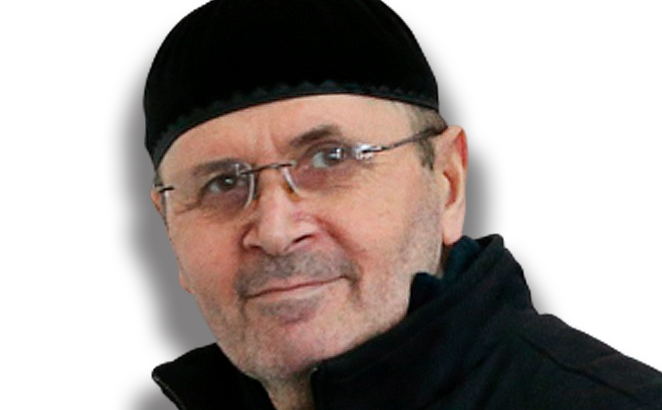
Oyub Titiev, few essential voices remain in Chechnya
In June 2019, Oyub Titiev, Chechen leader of the regional branch of the prestigious human rights group Memorial, was released after two years in jail. Titiev has been receiving threats for years over his investigations into the abuses committed by the authorities (kidnappings and torture and, particularly, the persecution of homosexuals). Titiev’s predecessor, Natalia Estemirova, was kidnapped and killed in 2009. Memorial is the last human rights-defending institution with a presence in the North Caucasus republic led with an iron fist by Ramzan Kadyrov.
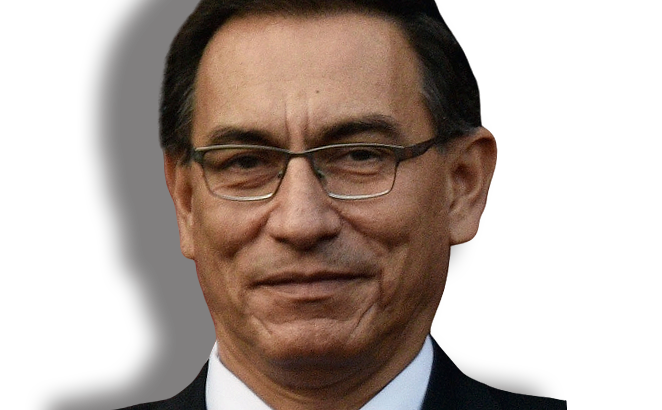
Martín Vizcarra, the replacement seeking to shape his own profile
The forced resignation of the Peru’s president, Pedro Pablo Kuczynski, over his connections with the Odebrecht corruption scandal suddenly made Martín Vizcarra, the vice president, a head of state with little parliamentary support. In the midst of a crisis of legitimacy in the political class, with a government formed mainly of independents and after months faced with the obstruction of the Fujimorist majority congress, on September 30th 2019 the president chose to call early congressional elections. With an approval rating of over 60% among the population, Vizcarra has made a risky play to strengthen his position in relation to a hostile congress.
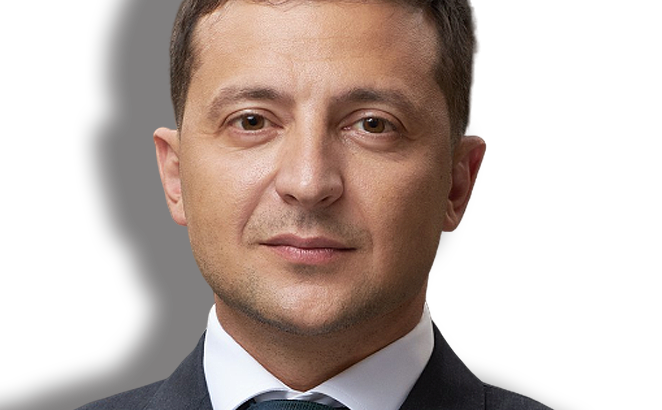
The Zelensky phenomenon, putting expectations to the test
Ukrainian comedian Volodymyr Zelensky swept the March 2019 presidential elections throughout the country, and the general elections in July only further confirmed the choice. That the new president is Jewish and Russian-speaking means a couple of stereotypes about Ukrainians may be refuted. The big question is whether Zelensky will be able to fulfil his promises of reform and regeneration of the country. Thus far, and in the opinion of various Ukrainian analysts, the president has taken important steps in the right direction, particularly in the fight against corruption.
Source: Wikimedia Commons or protagonist webpage
Visit the previous editions of the protagonists ranking:
